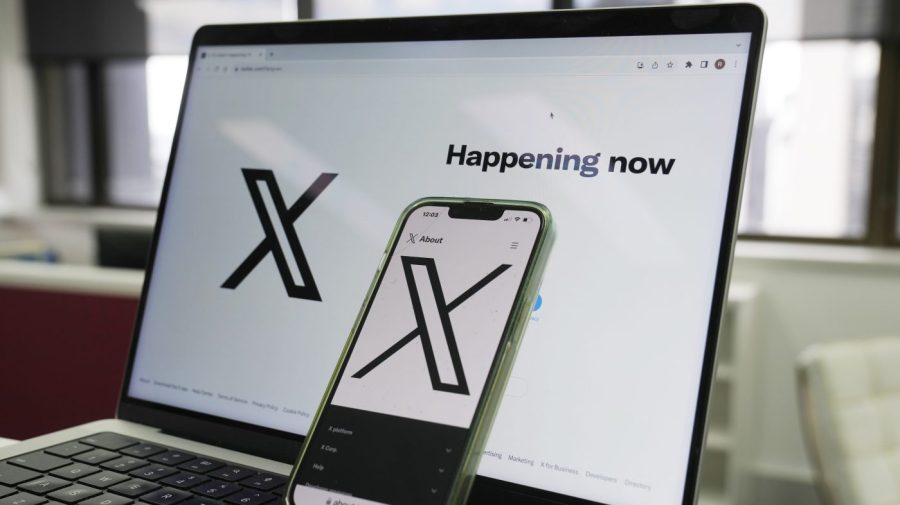On Tuesday, Justice Alexandre de Moraes of the Brazilian Supreme Court ruled that the social media platform X, owned by Elon Musk, could resume operations in Brazil. This decision comes after more than a month of suspension due to the platform’s failure to adhere to court orders regarding speech moderation, far-right accounts, and misinformation. This ruling marks a significant shift in the ongoing conflict between de Moraes and Musk, highlighting tensions that escalated sharply in August when X closed its Brazilian office following a court demand for the removal of specific posts. The judge had threatened daily fines and the possibility of an arrest warrant should X fail to cooperate.
The friction began in earnest when Musk called the actions of de Moraes censorship, labeling the judge as an “evil dictator cosplaying as a judge.” After these public disputes, the platform was officially disconnected from Brazil on August 30. However, following negotiations and a series of compliance measures, Musk and X agreed to meet all court mandates, which ultimately facilitated the platform’s high court reintegration. Justice de Moraes emphasized that X’s resumption in Brazil hinged solely on the multimedia service’s adherence to local laws and judicial decisions, underscoring respect for Brazil’s sovereignty.
In response to the ruling, an X Global Government Affairs spokesperson expressed approval about returning to operate in Brazil, recognizing the importance of providing access to millions of Brazilian users. The platform boasts a substantial user base estimated between 20 and 40 million in Brazil, making it a pivotal market for X. The spokesperson stressed X’s commitment to defending free speech while operating within the legal frameworks of any jurisdiction, reflecting the platform’s operational ethos amid the ongoing legal scrutiny.
As part of the conditions for reinstatement, X was required to designate a legal representative within Brazil. Under Brazilian law, it is mandatory for foreign companies to appoint local representatives to manage legal notifications and respond to court directives effectively. The individual previously appointed, Rachel de Oliveira Villa Nova Conceição, initially resigned from her role as a representative but was reinstated on September 20 with an additional clause that binds her to comply with Brazilian regulations and judicial orders.
Prior to the suspension, Musk had openly contested de Moraes’s orders, which included restrictions on certain accounts in Brazil, asserting his intention to overturn such limitations. However, the platform’s eventual compliance with legal demands marked a critical turning point in their relationship with Brazilian authorities. The acceptance of these obligations was essential not only for operational continuity in a key market but also symbolic of the broader tensions between corporate interests and government regulation in the digital age.
In summary, the decision to reinstate X in Brazil highlights the ongoing complexities of managing social media platforms within varying international legal frameworks. The confrontation between Musk and Brazilian authorities encapsulates a broader narrative surrounding digital governance, free speech, and the responsibilities of tech companies in curbing misinformation and moderating content on their applications. The resolution, featuring compliance with local laws and a framework for ongoing cooperation, could set a precedent for future interactions between foreign tech giants and domestic legal systems worldwide.

